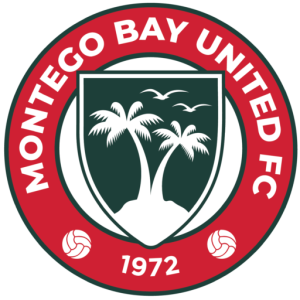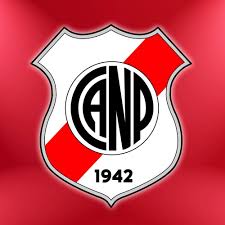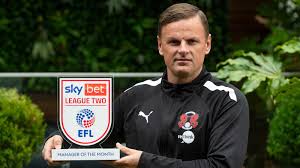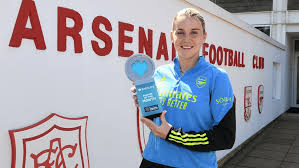CD Motagua FC, also known simply as Motagua, is one of the most revered football clubs in Honduras. Founded in 1928, the club has a rich history characterized by passionate rivalry, remarkable achievements, and a deep connection with its supporters. This blog post will delve into the fascinating journey of CD Motagua FC, exploring its historical milestones, significant achievements, and the impact it has made in Honduran football.
The Foundation and Early Years of CD Motagua FC
The establishment of CD Motagua FC can be traced back to the dreams and aspirations of a group of young men who sought to create a football club that would not only symbolize athletic excellence but also serve as a source of pride for their community. The club’s foundation has been marked by various influential figures who played pivotal roles in shaping its identity 789BET.
The Genesis of the Club
In the late 1920s, the vibrant city of Tegucigalpa was an epicenter of social change and cultural evolution. Amidst this atmosphere, Motagua was born out of a desire to promote sports and camaraderie among the youth.
Founded on the principles of teamwork and determination, the club began competing in local leagues and quickly made a name for itself. The early years were characterized by fierce competition, as numerous teams emerged in the region, leading to an exciting and often tumultuous landscape for football in Honduras.
Motagua’s choosing of the name “Motagua” pays homage to the river that runs through the capital, symbolizing strength and resilience. This strong connection to local geography forged a bond between the club and its community, setting the stage for future successes.
Establishing a Football Legacy
As the years passed, CD Motagua FC started to solidify its reputation within Honduran football. The club’s early competitions laid the groundwork for what would become a legacy defined by consistent performance and an unwavering commitment to winning.
With a focus on developing talent, Motagua invested in youth academies, ensuring a steady flow of skilled players entering the first team. This emphasis on youth development helped the club maintain competitiveness while fostering local talent.
Moreover, the establishment of rivalries, particularly with fellow Tegucigalpa club Olimpia, became a hallmark of the club’s identity. These matches, known as “Clásicos,” are more than just football games; they represent a clash of cultures, traditions, and communities deeply embedded in the fabric of Honduran society.
Expansion and Growth of CD Motagua FC
In the 1960s and 1970s, as football grew in popularity throughout Central America, CD Motagua FC expanded its reach and influence. The club embraced professionalization, moving towards a more structured approach to management, training, and player recruitment.
During this time, Motagua began to achieve notable milestones that would further cement its status as one of central America’s premier football clubs. Strategic partnerships with international clubs, exposure to different playing styles, and participation in international tournaments contributed significantly to this growth.
Furthermore, the establishment of a loyal fan base during these formative years created a unique culture surrounding the club. Supporters rallied behind the team, showcasing their passion through chants, merchandise, and community events, which strengthened the connection between the club and its fans.





